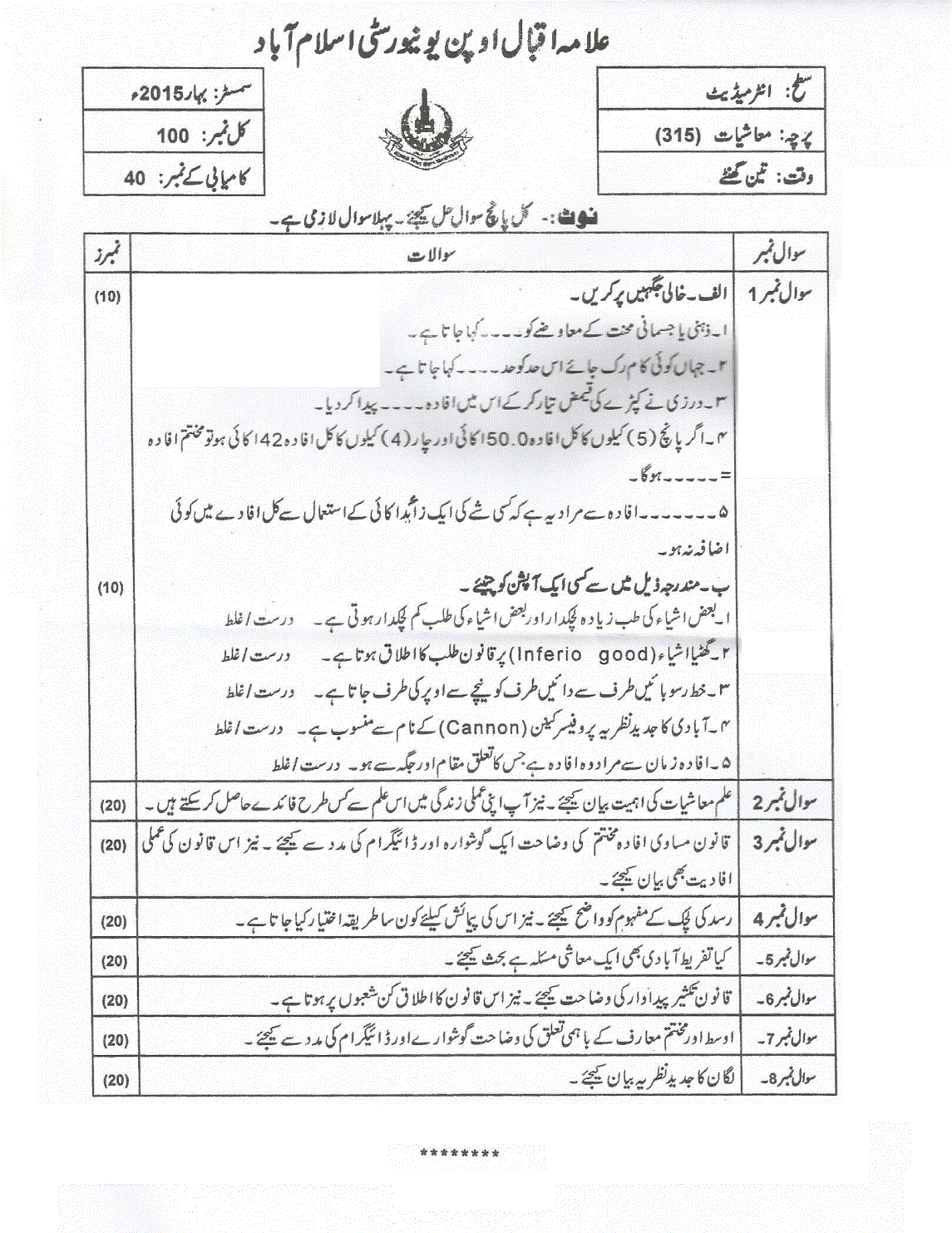corona virus-latest situation in pakistan
Coronaviruses
Coronaviruses are a group of related viruses that cause diseases in mammals and birds. In humans, coronaviruses cause respiratory tract infections that can range from mild to lethal. Mild illnesses include some cases of the common cold (which has other possible causes, predominantly rhinoviruses), while more lethal varieties can cause SARS, MERS, and COVID-19. Symptoms in other species vary: in chickens, they cause an upper respiratory tract disease, while in cows and pigs they cause diarrhoea. There are yet to be vaccines or antiviral drugs to prevent or treat human coronavirus infections.Coronavirus disease 2019 (COVID-19) is an infectious disease caused by severe acute respiratory syndrome coronavirus 2 (SARS-CoV-2).[8] The disease was first identified in December 2019 in Wuhan, the capital of China's Hubei province, and has since spread globally, resulting in the ongoing 2019–20 coronavirus pandemic.[9][10] Common symptoms include fever, cough and shortness of breath.[11] Other symptoms may include fatigue, muscle pain, diarrhoea, sore throat, loss of smell and abdominal pain.[5][12][13] The time from exposure to onset of symptoms is typically around five days but may range from two to 14 days.[11][14] While the majority of cases result in mild symptoms, some progress to viral pneumonia and multi-organ failure.[9][15] As of 9 April 2020, more than 1.48 million[7] cases have been reported in more than 200 countries and territories,[16] resulting in more than 88,600 deaths.[7] More than 331,000 people have recovered.[7]
The virus is mainly spread during close contact[a] and by small droplets produced when those infected coughs,[b] sneeze or talk.[6][17][19] These droplets may also be produced during breathing; however, they rapidly fall to the ground or surfaces and are not generally spread through the air over large distances.[6][20][21] People may also become infected by touching a contaminated surface and then their face.[6][17] The virus can survive on surfaces for up to 72 hours.[22] Coronavirus is most contagious during the first three days after onset of symptoms, although spread may be possible before symptoms appear and in later stages of the disease.[23]
The standard method of diagnosis is by real-time reverse transcription-polymerase chain reaction (rRT-PCR) from a nasopharyngeal swab.[24] The infection can also be diagnosed from a combination of symptoms, risk factors and a chest CT scan showing features of pneumonia.[25][26]
Symptoms
People may be sick with the virus for 1 to 14 days before developing symptoms. The most common symptoms of coronavirus disease (COVID-19) are fever, tiredness, and dry cough. Most people (about 80%) recover from the disease without needing special treatment.More rarely, the disease can be serious and even fatal. Older people, and people with other medical conditions (such as asthma, diabetes, or heart disease), maybe more vulnerable to becoming severely ill.
People may experience:
cough
fever
tiredness
difficulty breathing (severe cases)
There’s currently no vaccine to prevent coronavirus disease (COVID-19).
You can protect yourself and help prevent spreading the virus to others if you:
Do
Wash your hands regularly for 20 seconds, with soap and water or alcohol-based hand rub
Cover your nose and mouth with a disposable tissue or flexed elbow when you cough or sneeze
Avoid close contact (1 meter or 3 feet) with people who are unwell
Stay home and self-isolate from others in the household if you feel unwell
Don't
Touch your eyes, nose, or mouth if your hands are not clean
Myths About COVID-19
Can COVID-19 be transmitted in areas with hot and humid climates?Based on the evidence, the COVID-19 can be transmitted in ALL AREAS. This includes places with hot and humid weather.
Can spraying alcohol or chlorine all over your body kill COVID-19?
No. Spraying alcohol or chlorine all over your body will not kill viruses that have already entered your body. Alcohol and chlorine can be useful as surface disinfectants but need to be used according to recommendations.
Does taking a hot bath reduce the risk of infection?
Taking a hot bath does not prevent you from catching COVID-19. Your normal body temperature remains around 36.5°C to 37°C, regardless of the temperature of your bath. Taking a hot bath with extremely hot water can be harmful, as it can cause injury.
Can cold weather kill the COVID- 19 virus?
There is no reason to believe that cold weather can kill new coronavirus or other diseases. The normal human body temperature remains around 36.5°C to 37°C, regardless of the external temperature or weather.
Can the COVID-19 virus be transmitted through mosquito bites?
There is no evidence to suggest that the coronavirus could be transmitted by mosquitoes.
Can an ultraviolet disinfection lamp kill the COVID-19 virus?
UV lamps should not be used to sterilize hands or other areas of skin as UV radiation can cause skin irritation.
Are hand dryers effective in killing the new coronavirus?
No. Hand dryers are not effective in killing the COVID-19 virus.
Do vaccines against pneumonia protect you against the COVID-19 virus?
No. Vaccines against pneumonia, such as pneumococcal vaccine and Influenza type B vaccine, do not provide protection against the COVID-19 virus. The virus is new and so different that researchers are still trying to develop a vaccine.
Having said that, however, vaccination against respiratory illnesses comes highly recommended.
Can regularly rinsing your nose with saline solution help prevent infection of the COVID-19 virus?
No. There is no evidence that regularly rinsing the nose with saline solution has protected people from infection with the COVID-19 virus. However, there is some evidence that regular nose rinsing with saline solution can help with quicker recovery from the common cold.
Does the COVID-19 virus only affect older people or are younger people also susceptible?
People of all ages can be infected by COVID-19. However, older people and those with pre-existing medical conditions appear to be more vulnerable to the virus.
Are antibiotics effective in preventing and treating the COVID-19 virus?
No, antibiotics do not work against viruses, only bacteria. Therefore, antibiotics should not be used as a means of prevention or treatment.
Are there any specific medicines to prevent or treat the COVID-19 virus?
To date, there is no specific medicine. However, those infected with the virus should receive appropriate optimal supportive care to relieve and treat symptoms. Some specific treatments are under development and are being tested through clinical trials.
How effective are thermal scanners in detecting people infected with the COVID-19 virus?
Thermal scanners are effective in detecting people who have developed a fever because of infection with the COVID-19 virus. However, they cannot detect asymptomatic people. It takes between 2-10 days before those who are infected become sick and develop a fever.
What is Isolation?
Separation of the affected person or suspected of being infected from other healthy people for the duration of the disease infection inappropriate places and health conditions, to prevent the transmission of the infection.
What is the difference between isolation and quarantine?
Isolation and quarantine are common public health strategies used to help prevent the spread of infectious diseases. Isolation and quarantine keep people who are sick or exposed to illness isolated for a deï¬ned period of time to prevent the disease spread
CORONAVIRUS IN PAKISTAN
CONFIRMED
CASES
4,457
RECOVERED
572
CRITICAL
31
DEATHS
63
CASES (24 HRS)
135
DEATHS (24 HRS)
5
TESTS (24 HRS)
2,737
TOTAL TESTS
44,896
ICT
102
PUNJAB
2,214
SINDH
1,128
KP
560
BALOCHISTAN
212
AJK
28
GB
213


Comments
Post a Comment